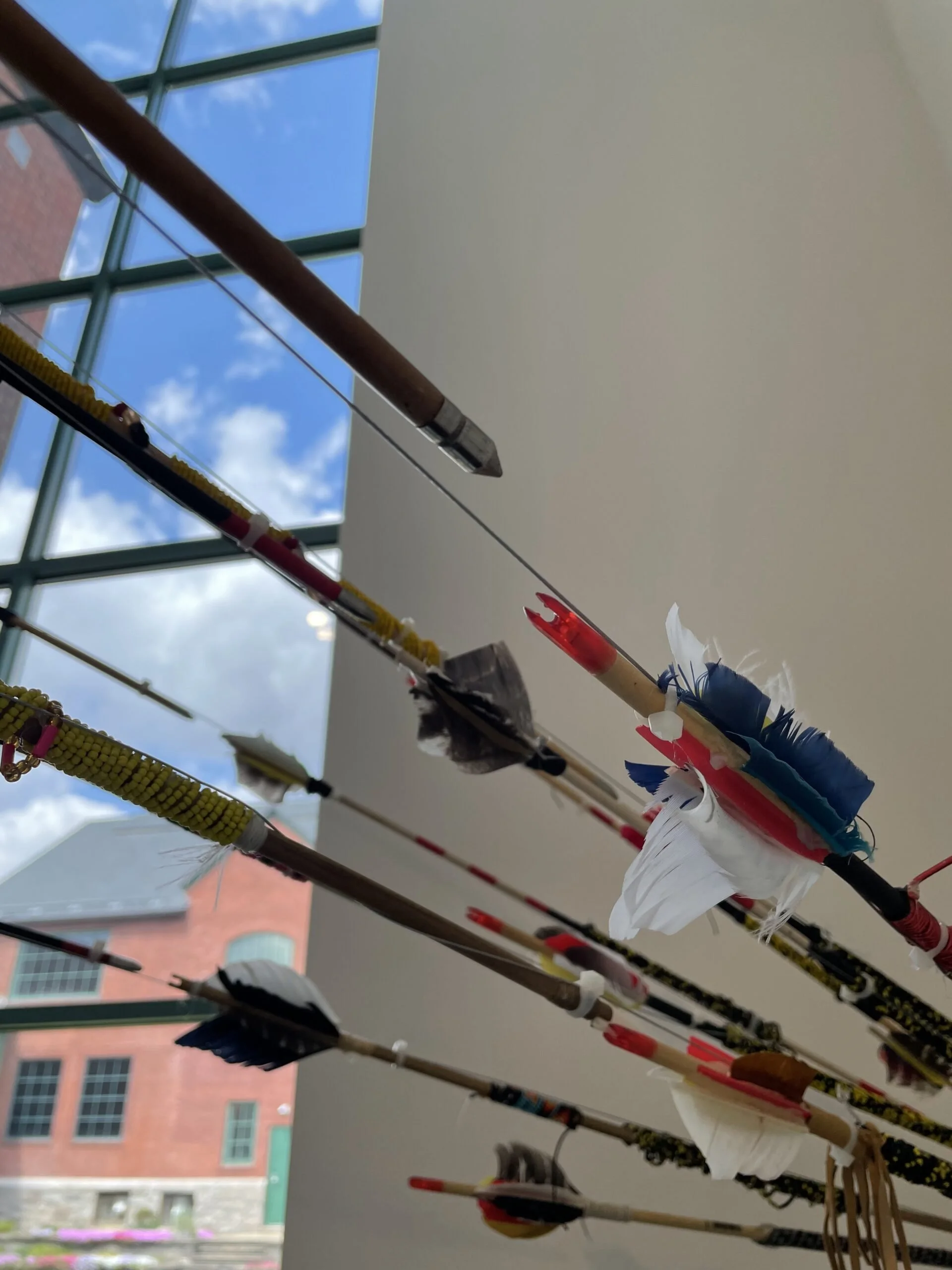The U.S. government has the stronger argument in its battle with Apple over obtaining access to possible information about terrorism in the iPhone of Syed Rozwab Farook. That Islamic fanatic and his wife, Tashfeen Malik, murdered 14 people in San Bernardino, Calif., last Dec. 2 before police killed them.
The fact is, as Microsoft founder Bill Gates told the Financial Times, “This is a specific (emphasis is mine} case where the government is asking for access to information.’’
“They are not asking for some general thing; they are asking for a particular case.”
“It is no different than [the question of] should anybody ever have been able to tell the phone company to get information, should anybody be able to get at bank records” to investigate a crime, Mr. Gates added.
The government's case, backed by a federal judge, rests on long-established law holding that "no item -- not a home, not a file cabinet and not a smartphone -- lies beyond the reach of a judicial search warrant" in investigating crimes, Manhattan District Atty. Cyrus Vance has noted.
There exists no "right of privacy" to withhold evidence of a crime. The idea that the cellphone is a privileged device off-limits to law enforcement is absurd.
U.S. Magistrate Judge Sheri Pym is not telling Apple to create a “backdoor’’ that puts all users in new danger of being electronically violated. She has told Apple to help the FBI get into a single iPhone to obtain information that might save people from being murdered by ISIS-related terrorists.
We don’t want to break anyone’s encryption or set a master key loose on the land,” FBI Director James Comey has said.
Judge Pym has ordered Apple to create temporary software to let the FBI try many passwords on the phone without its data disappearing, which it normally would after 10 tries because of the company’s security walls.
Apple chief executive Tim Cook complains that such a “backdoor” could be used on other phones. But it stands to reason that Apple could control its software to unlock specific devices, after the government obtained warrants detailing compelling circumstances.
Apple’s hypocrisy in this is impressive.
Consider its close cooperation with China, a police state. There, Apple has moved its local user data onto servers run by state-owned China Telecom, which mines such information with abandon. And Apple submits to security audits by Chinese officials. But then, Apple hopes to continue enjoying 40 percent profit margins by expanding further in China -- the company’s second-largest market.
Apple – at least for public consumption -- worries that if the U.S. government forces it to let authorities into Farook’s phone that China will demand the same right, which might scare away some potential iPhone buyers there. But there’s little indication that Apple will not continue giving the dictatorship whatever it wants.
James Lewis, a senior fellow at the Center for Strategic and International Studies, noted in the Los Angeles Times:
"What's driving this is Apple's desire to persuade the global market, and particularly the China market, that the FBI can't just stroll in and ask for data. {But} I can't imagine the Chinese would tolerate end-to-end encryption or a refusal to cooperate with their police, particularly in a terrorism case."
Law enforcement must have the tools to keep up with criminals, who increasingly use such tools as encryption, Bitcoin currency and disappearing messages. In this case, Apple, rather than worrying that the publicity connected with letting the U.S. government get into a criminal’s cellphone might hurt profits, should focus on saving lives. (Do tech execs, shielded by wealth and gated communities, not feelquite as threatened by terrorists as the poorer people (e.g., in San Bernardino) who are usually the victims?)
Meanwhile, let’s worry more about how private-sector organizations such as Apple, Microsoft, Google and Yahoo, invade our privacy and follow us wherever we go. As Fortune magazine columnist Stanley Bing wrote: “It's just the beginning, guys. Every breath you take. Every move you make. Every bond you break, every step you take, Apple will be watching you.’’
Robert Whitcomb, a fellow of the Pell Center for International Relations and Public Policy, in Newport, R.I., is overseer of New England Diary and a former editor at the International Herald Tribune and The Wall Street Journal.














